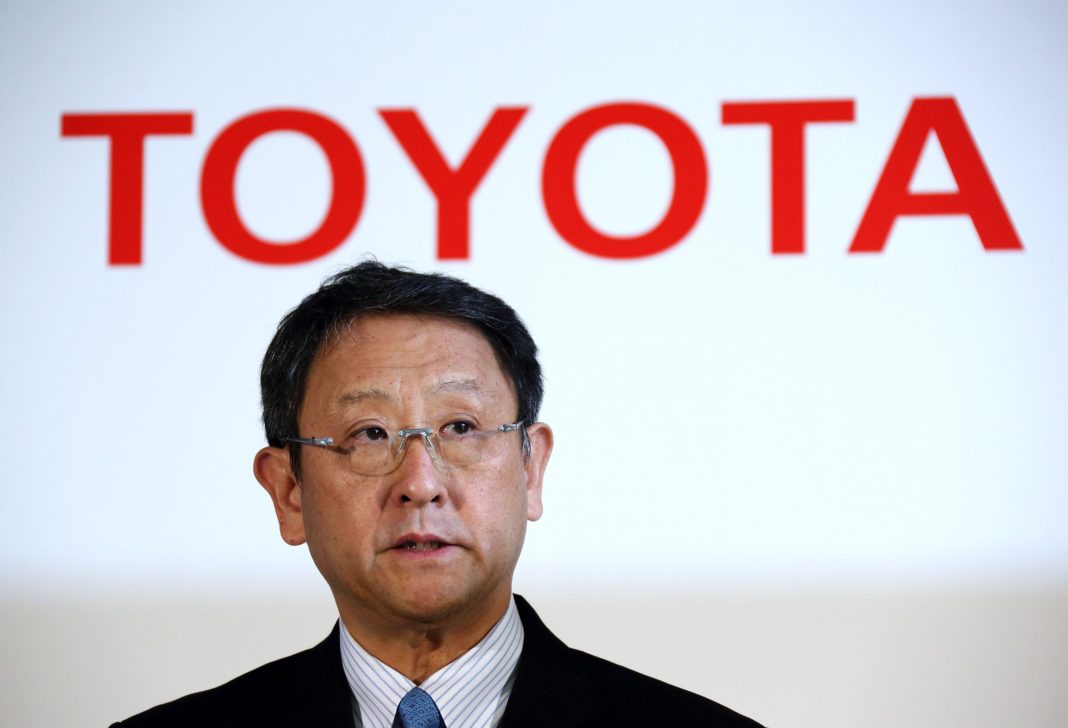Toyota‘s profit fell 43% (578.66 billion Yen) in the last three months due primarily to supply chain issues. Last year, Toyota earned an average of 997.4 billion Yen or $7.48 billion US dollars in profit during the same quarter.
The company responded by repeatedly cutting output goals as China’s COVID-19 shutdowns affected the global chip supply. Analysts expected a 15% drop in revenue but were surprised that it was almost three times their prediction.
Toyota’s share price fell by 3%. The car manufacturer claimed that higher material costs totaled 315 billion Yen.
The manufacturer maintained its prediction for an operating profit for the entire fiscal year and a commitment to build 9.7 million vehicles this fiscal year despite the dismal quarter, citing what it called robust residual demand.
According to a Toyota spokeswoman, the automaker will be able to obtain the semiconductor chips necessary and anticipates that the COVID-19 outbreak-related personnel shortages at several domestic factories will be remedied.
Toyota increased its full-year net profit forecast by 4% to 2.36 trillion Yen, helped by the weak state of the Yen, which increases the value of sales booked in foreign currencies.
Compared to its prior forecast, Toyota anticipates material costs for the entire year to rise by 17% to 1.7 trillion Yen, with the majority of that increase coming from higher steel and aluminum prices.
 Did you enjoy this article? Please share your thoughts, comments, or questions regarding this topic by connecting with us at newsroom@cbtnews.com.
Did you enjoy this article? Please share your thoughts, comments, or questions regarding this topic by connecting with us at newsroom@cbtnews.com.
Be sure to follow us on Facebook, LinkedIn, and TikTok to stay up to date.
While you’re here, don’t forget to subscribe to our email newsletter for all the latest auto industry news from CBT News.








